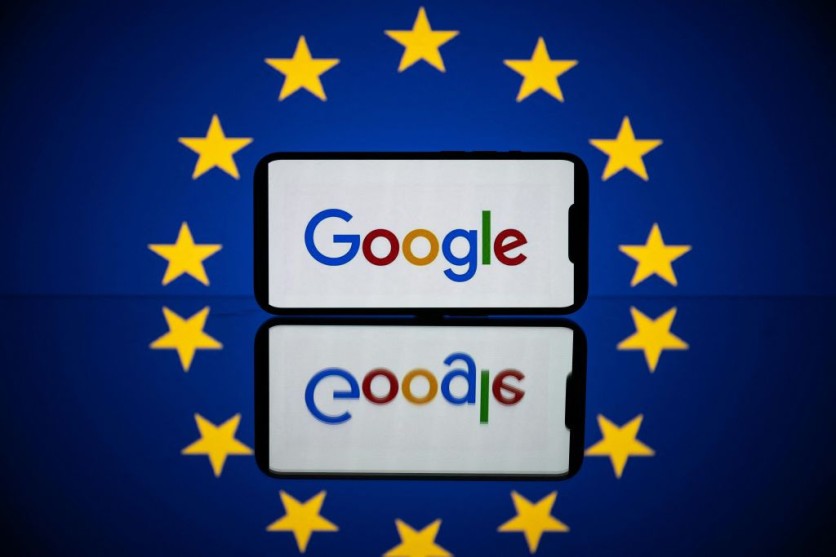Google is engaging in "productive conversations" with European Union (EU) regulators regarding the bloc's artificial intelligence (AI) regulations and the responsible development of AI technologies, the head of the firm's cloud computing division said.

EU's Governance of AI
CNBC reported that Thomas Kurian, head of Google's cloud computing division, expressed the company's commitment to finding a way to address the EU's concerns surrounding AI. One significant worry is the potential difficulty in distinguishing between content created by humans and content generated by AI.
Kurian acknowledged the risks associated with these technologies but also highlighted their significant capabilities in delivering genuine value to people.
In response to the EU's concerns, Google is working on developing tools that enable clear differentiation between human-generated and AI-generated content.
As a demonstration of their progress, the company recently showcased a "watermarking" solution at their I/O event, which labels AI-generated images.
The field of AI is advancing rapidly, with tools such as ChatGPT pushing the boundaries of what the technology can achieve. Tech companies are in the race to further advance their AI tools and gain a competitive edge. Thus, governments worldwide are also working to regulate this in-demand emerging technology.
EU AI Act
EU policymakers and regulators have expressed concerns about generative AI models, specifically on potentially infringing upon copyright laws, which makes artists and creative professionals who depend on royalties particularly vulnerable.
It is worth noting that generative AI models are trained on vast amounts of publicly available internet data, which are largely copyright-protected.
The European Parliament recently approved the EU AI Act in response to these concerns. This legislation aims at providing oversight for AI within the bloc. It includes provisions to ensure that the training data used for generative AI tools comply with copyright laws.
Kurian acknowledged the presence of numerous European customers who leverage Google's platform to develop generative AI applications. He emphasized the ongoing collaboration with the EU government to fully grasp and address their concerns.
The UK is set to host the very first global summit on AI safety and has garnered support from several major tech companies such as Google, Anthropic, and Palantir.
The upcoming summit is scheduled for autumn and aims to bring together like-minded countries to create a regulatory response based on the discussions and actions taken during the G7 meetings held in Japan last month.
Related Article : AI Safety: New Research Explores Machine Learning Safety Without Conducting Countless Trials

ⓒ 2026 TECHTIMES.com All rights reserved. Do not reproduce without permission.




